【Automated Rapid Colony Detedtion and Eenumeration】


Just place the plate and start.
MicroBio μ3D AutoScanner automatically detects microbial colonies and counts them accurately at the same time by simply setting the agar medium containing the sample in the system and starting the test. The system is capable of testing pour-plates, spread-plates or membrane filters.
It is usually difficult to count mold colonies due to the spread of hyphae, but if you set the automatic adjustment function, you can inspect mold samples without much problem.
E. coli detection
Test system:MicroBio μ3D AutoScanner
Species strain:Escherichia coli(NBRC3972)
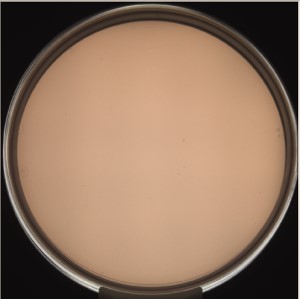
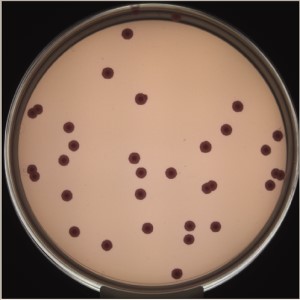
First image Last image
Aspergillus detection
MicroBio μ3D AutoScanner
Aspergillus brasiliensis(NBRC 9455)
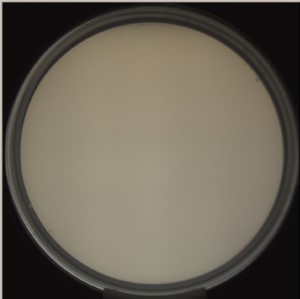
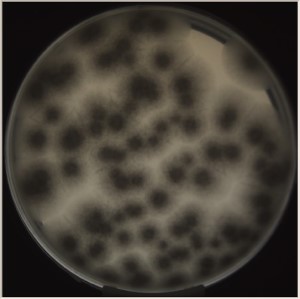
First image Last image
Candida detection
MicroBio μ3D AutoScanner
Candida albicans(NBRC 1594)
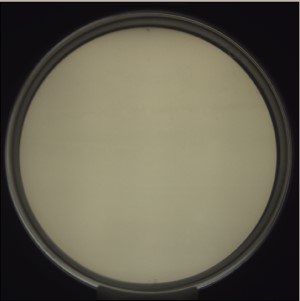
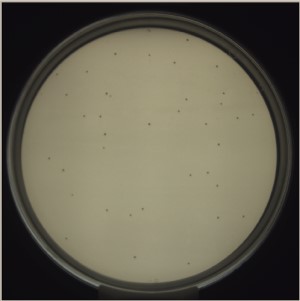
First image Last image
Pseudomonsa detection
MicroBio μ3D AutoScanner
Pseudomonas aeruginosa(NBRC 1594)
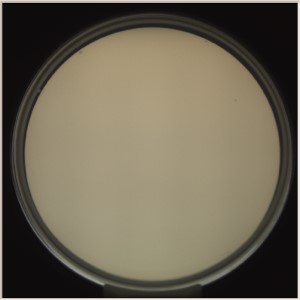
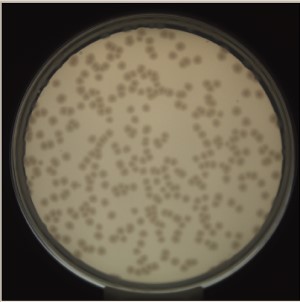
First image Last imageu
Related Page
- [Wide Colony Count Range]
Range of automated colony count is from 1 to about 10 thousand. - MicroBio µ3D has a wide count range and counts from 1 colony to closer to 10 thousands.
- [Colony Count Graph]
When two species are detected in a test sample, the colony count becomes staircase. - When two species are detected in a test sample, the colony detection and count graph of MicroBio µ3D becomes staircase.
- [Colony Count Unit]
A cluster of touched colonies is counted correctly as separated colonies. - CFU (Colony Forming Unit) has been used for counting microbial colonies as the unit. Using MicroBio µ3D system, the exact number can be used for counting colonies.
- [Invisible colonies detected]
Colonies under a piece of hamburger is detected. - MicroBio µ3D detects invisible colonies under a piece ot hamburger. The colonies become visible after a prolonged incubation, coming out from the rim of a meat piece.
- [Pricise Colony Count]
There are 4 colonies detected among a few hundred of hamburger fragments. - There are 4 E. coli colonies detected and counted precisely among a few hundred hamburger fragments in a poured cliform detection agar plate.
